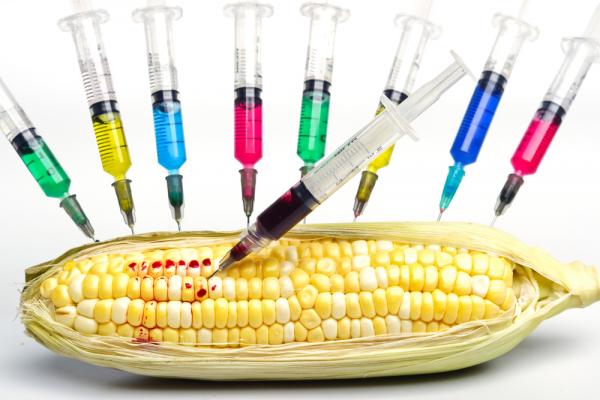

So much of what I do on a daily basis is trying to decipher the plethora of information bombarding the public from all directions. No hotter topic exists than the subject of genetically modified foods (GM foods). Proponents from both sides get heated when debating this, and more misinformation exists than you can shake a stick at.
Unfortunately, much of the supposed “research” carried out these days isn’t research at all, but rather a thinly disguised opinion piece with poorly designed questions leading to ambiguous and inaccurate answers. As a scientist and research-minded person, I try to sort through the junk to get the good science and combine that with some common sense when forming my professional opinion. Unless I “season” all the data with perspective and common sense, it is easy to get carried away with this fad or that.
On that note, a new study has been pre-released from the the German Federal Ministry of Economic Cooperation and Development (BMZ) regarding the economic, environmental and other impact of GM food production.
Their claim? GM foods have reduced pesticide use by 37%, increased crop yields by 22% and increased farmer profit by 68%. Sounds awesome, right?
Well, not so fast. Just a cursory glance at the article shows several important details:
1) This was a meta-analysis of meta-analyses…. yes, you heard correctly. This is generally a no-no in research because being so far removed from the original research skews your conclusions. Good meta-analyses take PRIMARY research, and analyze LOTS of them to come to a reasonable consensus on whatever is being studied.
2) The article used a TOTAL of ~27 references, at least 10 of which were opinion pieces, with about 5 others being book citations. While this wouldn’t necessarily indicate poor research, it certainly does when the remainder of your “sources” are so few and so slim.
3) There were only 4 (5 at best because I couldn’t follow every reference link) PRIMARY articles. At least 2 of the 4 were on ONE crop (cotton) in ONE place (India). Hardly enough of a sampling to draw any legitimate conclusion on an entire market.
4) Again, several opinion pieces that would only belong in an article for referencing OPINIONS, but instead seem to be used here to back up claims.
5) They spoke of “Pesticide” usage being reduced, when in fact ONLY INSECTICIDE USE WAS REDUCED. Using Bt toxin corn (which is itself a registered insecticide) eliminated the need for other insecticides, but the use of herbicide-tolerant (Round-up Ready) crops actually INCREASED herbicide use. So this is a highly misleading stat at best, and a blatant lie at worst.
6) They admitted that these “robust” finding were actually only robust in a couple of settings in DEVELOPING countries where poor infrastructure exists; in developed countries (i.e. US), the benefits were not significant.
These are just a FEW observations; ultimately, this is SHAM RESEARCH. And I use the term “research” loosely, because this reads more like a promotional insert for GMO seed.
Are GMOs safe? That’s not conclusive. But do they save money and help the environment? Don’t you believe it. 60 countries currently know better than that. We are one of the few who don’t, apparently.
Don’t be deceived… always look beyond the statements. Meanwhile, I’ll do my best to give you the lowdown truth without the hype!
Yours in health,
Jeremy

















Get Social
RSS
Facebook
Twitter
Dribbble
Google +1
LinkedIn
Blogger
Tumblr
Reddit
Yahoo
DeviantArt
Vimeo
Youtube
Pinterest
Digg
Forrst
Myspace
Skype
Flickr